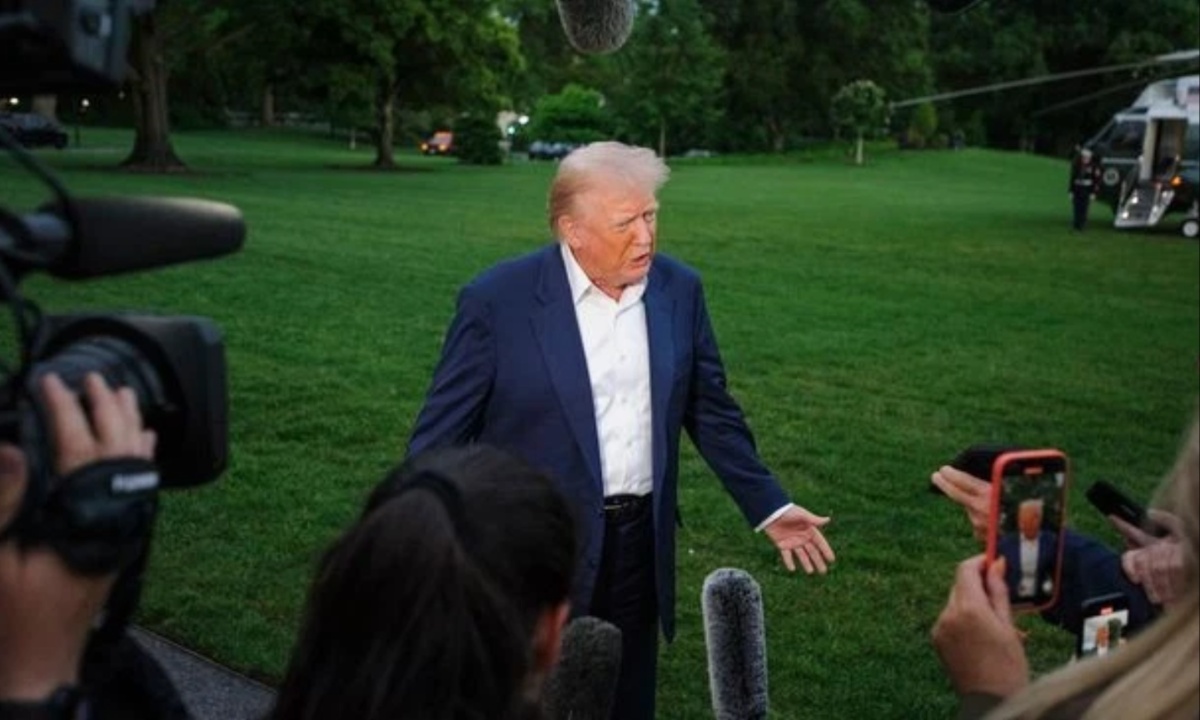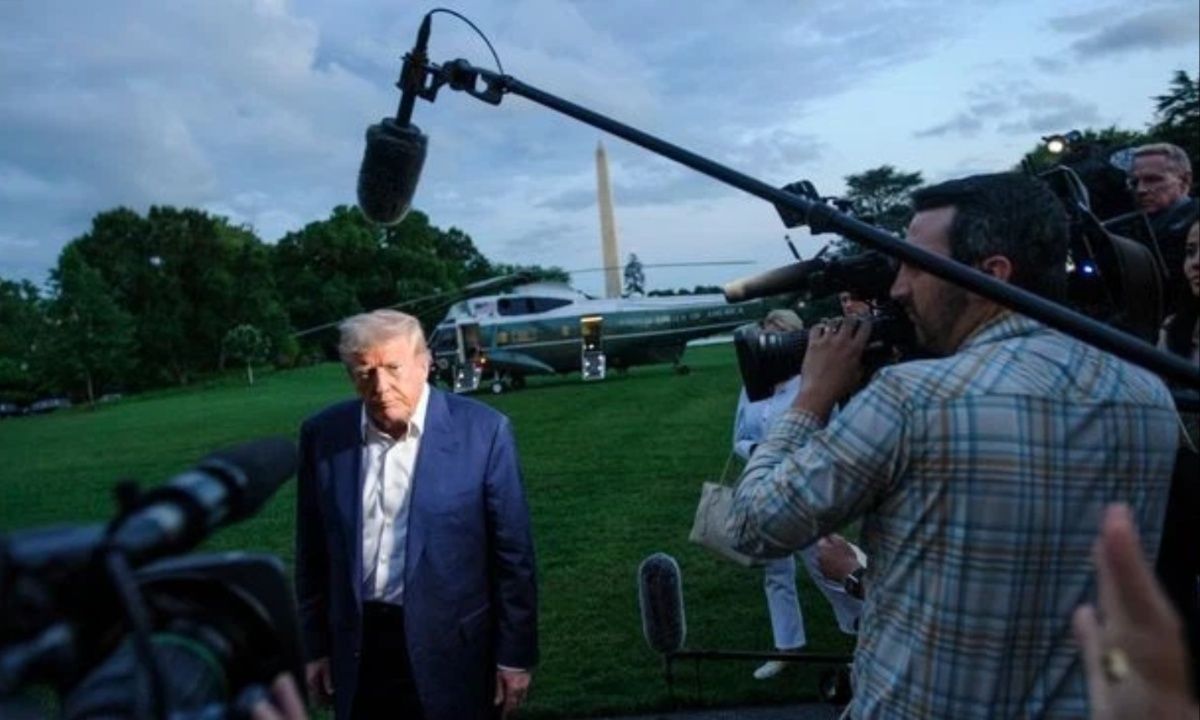On Sunday night, President Trump announced his plan to implement a 100% tariff on foreign-produced films, stirring confusion and uncertainty within the Hollywood industry. While the issue of “runaway production” — the practice of U.S. film production moving overseas — has been debated for decades, no one in Hollywood has been calling for such drastic measures. The announcement raises several key questions, as the implications of this proposal remain unclear.
Uncertainty Surrounding Trump’s Tariff Proposal and the Legal and Practical Challenges Ahead
The announcement left many questioning the feasibility of Trump’s proposal. The president mentioned authorizing the U.S. Trade Representative and the Commerce Department to impose the tariff, but did not confirm whether the action would be taken. This lack of clarity is reminiscent of past tariff threats, where Trump sometimes followed through and other times backed down under pressure. Additionally, there is uncertainty over whether the president has the legal authority to impose such a tariff, as it is unclear whether “runaway production” can be classified as a national security threat, a justification that Trump referenced without elaboration.

The practicalities of implementing a 100% tariff on foreign films are complicated. Unlike tangible goods, films are intellectual property, and the process of imposing a tariff on them is not straightforward. The production of films is highly internationalized, often involving multiple countries for shooting, editing, and distribution. For example, a film made by a U.S. company abroad doesn’t necessarily involve an importation process that could be taxed. The complex international nature of the film industry makes it unclear where and how a tariff would be applied.
Tariff Proposal’s Potential Impact on TV Industry and Hollywood’s Preference for Subsidies
While Trump’s proposal specifically mentions movies, it raises further questions about the television industry, which has also seen a significant production shift abroad in recent years. The U.K., for instance, has become a major hub for TV production, surpassing film production in 2020. If a tariff on foreign films were implemented, it might also affect the TV sector, which has been similarly impacted by global production trends. However, Trump’s focus seems to be solely on the movie industry, leaving TV production and its potential consequences unaddressed.
Hollywood is largely opposed to the idea of a tariff on foreign films, especially given the struggling state of the theater business post-pandemic. Instead of tariffs, the entertainment industry has long pushed for subsidies, similar to those offered in countries like the U.K. and Canada.
Many in Hollywood believe that federal subsidies would be a more effective way to combat runaway production, providing incentives to keep jobs and films in the U.S. However, this would require congressional action, which doesn’t seem to be the focus of the current administration. Hollywood’s preference remains focused on addressing the issue of production incentives rather than punitive tariffs.


